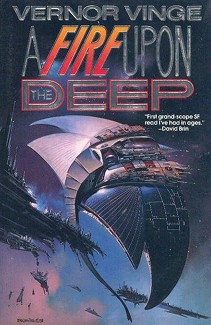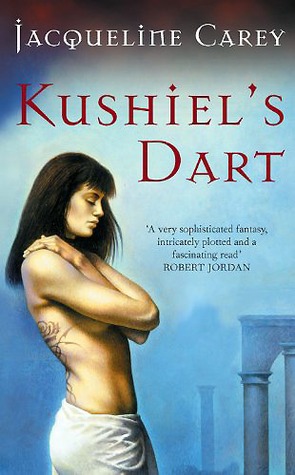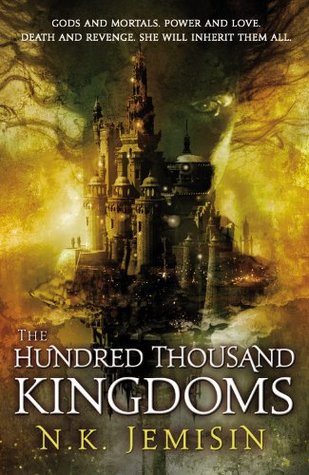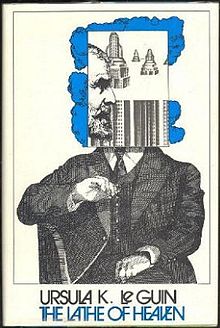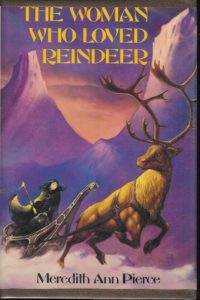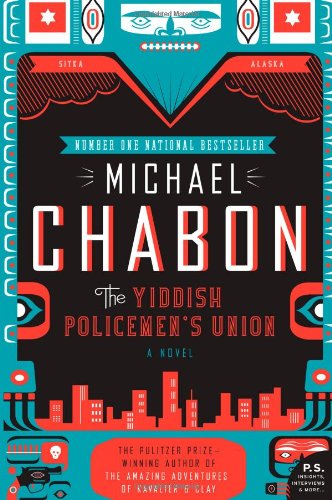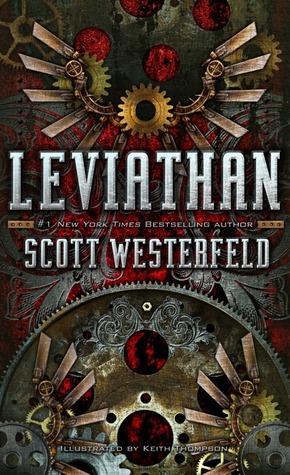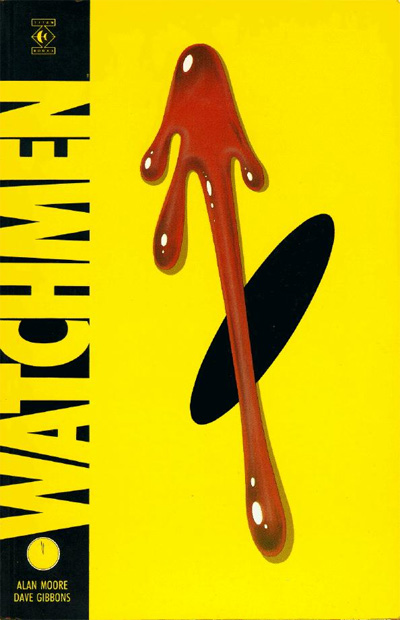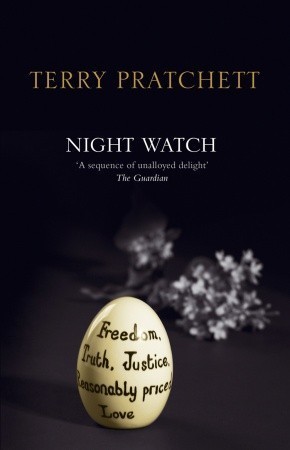A book set in a galaxy with a peculiar quirk of physics: the closer to the galactic core you get, the less intelligence and stock science fiction goodies like faster-than-light travel are possible. A group of explorers punch into the galactic edge, the Transcend, and wake up a five-billion-year-old Blight that likes to eat souls.
A Fire Upon the Deep is two books, really. One book is a space opera in which Ravna Bergensdot and Pham Nuwen race to find a cure for the Blight. The other book is a work of xenofiction in which the only cure for the Blight crash lands on a planet of hive-mind ratdogs.
Space opera just isn’t my bag, so I found myself slogging through those parts to get to the xenofiction parts. There’s nothing especially wrong with it, Ravna and Pham are nice enough, but it’s all stuff you’ve seen before if you have a passing knowledge of science fiction.
But the ratdogs! (They just call themselves people, but a girl who crashes on their planet nicknames them Tines.) There isn’t enough xenofiction out there and the work Vinge has done with the Tines is top notch. Each individual person is made out of four to six creatures that communicate by ultrasound. Vinge thinks through a lot of the implications, like the naming conventions, what happens when two of the major characters get each other pregnant, and what it’s like to see through six pairs of eyes at once.
One of the most interesting parts is the Tines’ relationship with identity. Each group person can accomplish something like immortality by pulling a careful Ship of Theseus. They make themselves bigger by giving birth, and they make new people by splitting in half or splicing together bits of themselves and their friends. They fear becoming unrecognizable like we fear death. Vinge pulled off a work of hard science fiction where souls are very much a part of daily life.
The book’s full of wonderful ideas. None of the characters are especially strong, though the Tine characters make up for it by being so damn cool. The ending relies on a lot of coincidences to get all the characters onto the same stage at the same time. I would have rather Ravna and Pham had landed on the Tines’ world early on and raced to stop the Blight on the ground. Even better if Vinge had dispensed with the space opera entirely and written a book about the Tines’ political intrigues, Watership Down style.
I have a nitpick about Pham Nuwen’s almost but not quite Earth name. He’s clearly supposed to be Pham Nguyen because he’s described as a living fossil (hard vacuum mummification accident), derived from an Asian culture, and nobody can pronounce his last name to save their lives. So why not just call him Pham Nguyen? The slightly-offness of his name makes by brain itch.
The Tines are so cool that this book’s worth reading on their strength alone.

